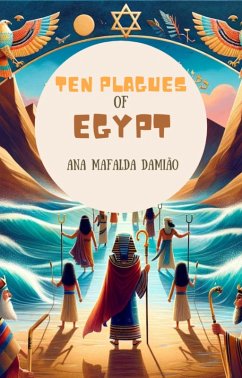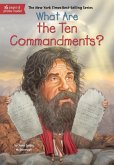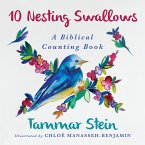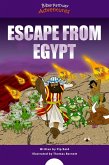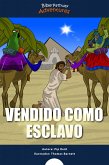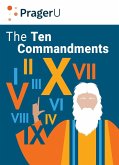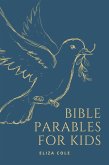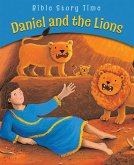The first plague transforms Egypt's waters into blood, killing fish and depriving the Egyptians of drinkable water. Despite the ensuing hardship, Pharaoh remains unmoved. The second plague brings a horde of frogs that invade homes and disrupt daily life. Pharaoh momentarily promises liberation for the Israelites in exchange for relief, but retracts his word once the frogs are gone.
The third plague introduces swarms of gnats, causing widespread irritation among the Egyptians. Yet, Pharaoh's stance does not waver. The fourth plague unleashes wild animals that spread fear and chaos, but Pharaoh's heart stays hardened. The fifth plague brings a deadly disease to the livestock, severely impacting Egyptian agriculture and livelihood, yet Pharaoh remains steadfast.
The sixth plague causes painful boils to afflict the Egyptians, adding to their misery without altering Pharaoh's decision. The seventh plague, a devastating storm of hail mixed with fire, destroys crops and buildings, yet fails to break Pharaoh's resolve. The eighth plague, a swarm of locusts, consumes the remaining vegetation, exacerbating the food crisis without changing Pharaoh's mind.
The ninth plague plunges Egypt into three days of darkness, a terrifying experience that still does not persuade Pharaoh. The tenth and final plague, the death of the firstborn in every Egyptian household, delivers a blow so profound that Pharaoh finally capitulates, allowing the Israelites to leave Egypt.
Freed at last, the Israelites embark on their journey, led by Moses and aided by divine intervention, marking the end of their bondage and the beginning of a new chapter in their history.
Dieser Download kann aus rechtlichen Gründen nur mit Rechnungsadresse in A, B, CY, CZ, D, DK, EW, E, FIN, F, GR, H, IRL, I, LT, L, LR, M, NL, PL, P, R, S, SLO, SK ausgeliefert werden.

